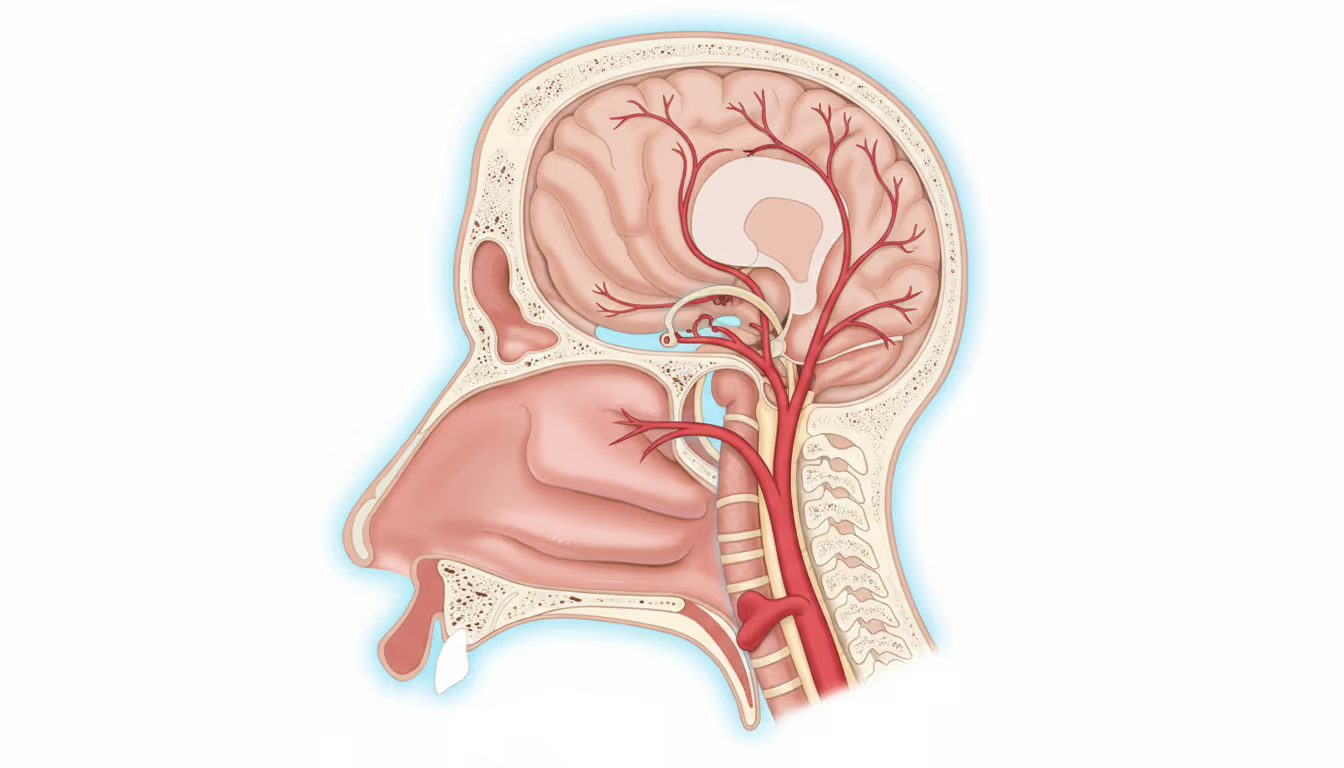
In 1968, a condition known as "Chinese restaurant syndrome" was identified in individuals who had consumed Chinese dishes generously seasoned with MSG. This syndrome appears to affect only certain people, causing symptoms such as headaches, head throbbing, dizziness, facial pressure, jaw tightness, burning or tingling sensations on various parts of the body, chest pain, and more. Consuming large quantities of MSG can lead to the widening of arteries. Many Chinese people are skeptical about the existence of this syndrome, suggesting it could be an allergic reaction. MSG, a sodium salt, enhances the flavors of specific foods but does not affect the basic tastes of bitter, salty, sour, or sweet. Initially derived from seaweed, MSG is now produced through the fermentation of corn, potatoes, and rice. It plays a key role in Chinese and Japanese cooking and is widely used in various cuisines globally. Naturally, it is found in high concentrations in foods like tomatoes and Parmesan cheese. In China, MSG is referred to as wei jing, meaning "flavor essence."




